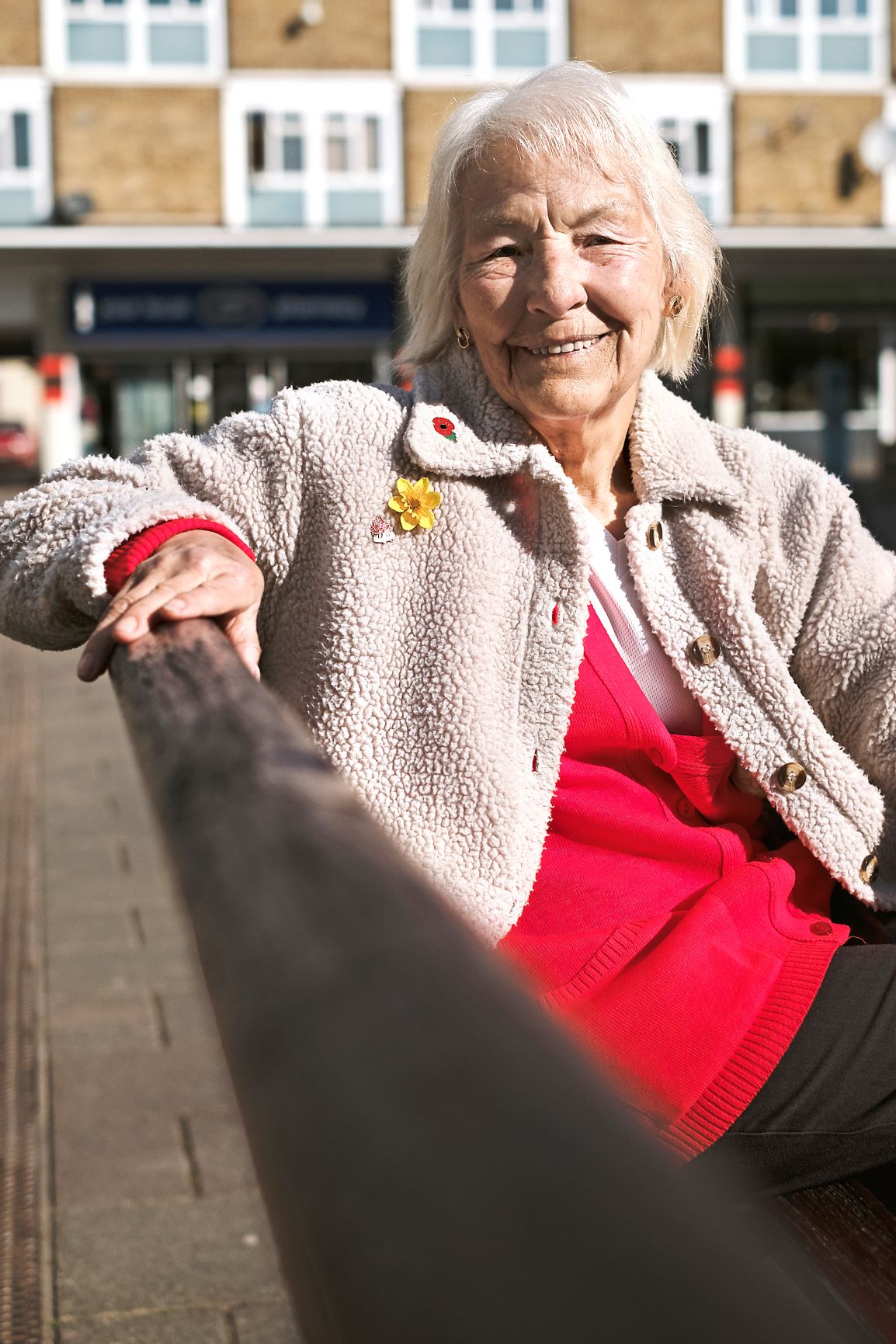 You can’t miss what you don’t have. We both knew full well that being employed and having a roof over our heads was a privilege not a right. However, as a married couple with children, living in just two rooms of a converted house was a struggle at times. For many years we had neither hot nor cold running water and shared a toilet with other tenants in the building. Despite the lack of amenities we made our home in Islington as comfortable as we could for ourselves and children.
You can’t miss what you don’t have. We both knew full well that being employed and having a roof over our heads was a privilege not a right. However, as a married couple with children, living in just two rooms of a converted house was a struggle at times. For many years we had neither hot nor cold running water and shared a toilet with other tenants in the building. Despite the lack of amenities we made our home in Islington as comfortable as we could for ourselves and children.
We were happy with our lot; many working-class Londoners had it far worse than us – but still you couldn’t help wishing for more. My husband’s aunt, who lived in a newer house, kindly let us use her bathroom. We’d give her sixpence for the trouble of a hot bath and often stay for a game of cards. Prior to marriage, ‘having a bath’ meant a trip with soap, flannel and towel in hand to Hornsey Road Baths. Such washing facilities, for body and often clothing, were still widely used even during the 1960s. With a holler of ‘More water, please’ an attendant would pour piping-hot water into your bathtub through an opening at the end of your bath cubicle. It was basic, but unless you’ve lived in a house without a bath you don’t know what a simple luxury this was!
'Gilbey's social club was one to envy'
At around the same time Gilbey’s (the mighty drinks distillery) amalgamated with smaller independent distilleries in and around London – including my husband’s employers. Gilbey’s had long since moved from their historic location in Camden and settled into a purpose-built site at Templefields, Harlow. Employees of the newly acquired companies faced a decision of moving to Harlow or being without a job. An uncertain future lay ahead for many, who for various reasons weren’t in a position to up sticks and move. However, we saw this as a lucky opportunity and our chance to reward ourselves and children with a better life and future.
To ease any concerns we took a family trip to experience first-hand what Harlow New Town was like. First appearances were good. I remember even now just how neat and tidy everything felt – a stark contrast to that of London. To help the transition from London to Harlow, we settled on a house style that was traditional in appearance; well, as traditional as you could expect within a town of modernist architecture. It proved a good choice though; I’m still in the same house all these years later. The move in 1971 happened quickly; far quicker than I expected, with little time to collect my thoughts and come to terms with the altered lifestyle that lay ahead.
Our children, who were fourteen and eleven, adapted quickly and soon settled into their new way of life; especially with the help of a dog that we promised them. Aside from living in a new house, my husband’s daily routine of being a lorry driver changed little. Yet for me things were different – I just wasn’t happy. On the one hand we now had a wonderful home with everything we wanted and good future prospects, but on the other I felt a sense of distance and isolation like I had never experienced before – I couldn’t get an even balance. Even though my family and friends were just a few miles away, it might as well have been a million – I was terribly homesick. Harlow felt like an alien world to me.
'I'm now proud and very happy living here'
To begin with I just threw myself into my job at Lipton Tea. It was a joy to work there and a much-needed distraction. However, the craving for my old life meant that for a long while I returned to Islington every Saturday just to get my fix of family and friends. When helplessly homesick you’ll negatively clutch at anything to back up your own feelings. Shops; transport; getting myself lost in a new unfamiliar town layout; all bore the brunt of my frustration.
It took a good year to get myself settled in and start appreciating what was a great town. My change of view was in no small part due to the social life on offer at my husband’s employer. As you might expect from a company manufacturing many of the household tipples you enjoyed, the works’ social club was one to envy. On special occasions coaches would ferry employees to the club for an evening of bands, dancing and raffle prizes. It was always an opportunity to talk with other wives who were – or had been – in a similar situation of upheaval to myself, airing and sharing our problems while the men drank.
That contented feeling of friends and family being close, that I missed all those years ago, is now fully re-created in Harlow. Family has and always will be very important to me. Which is why I’m so grateful to be surrounded by my children, eight grandchildren and one great-grandchild.
From time to time I might still get lost in Harlow, but any negativity I once felt towards the town to justify my feelings has long gone – I’m now proud and very happy living here.
